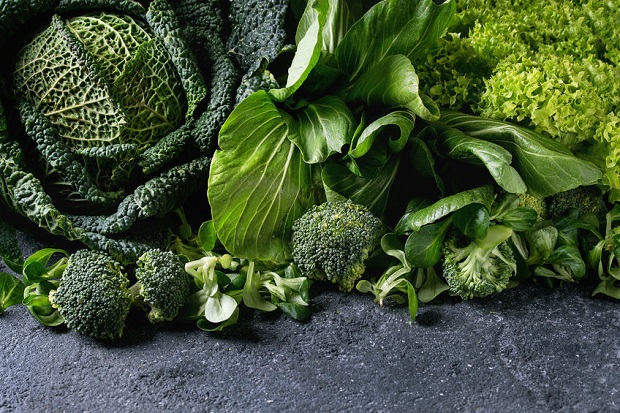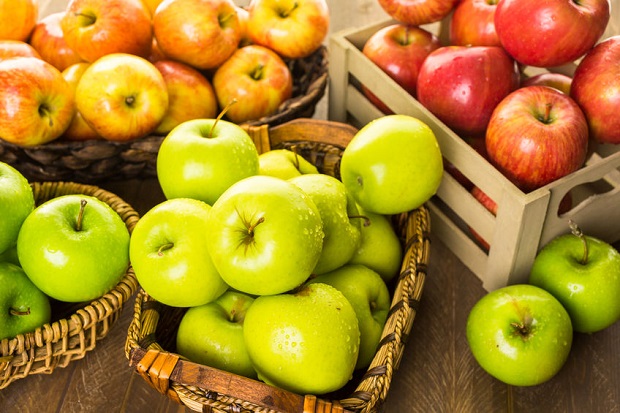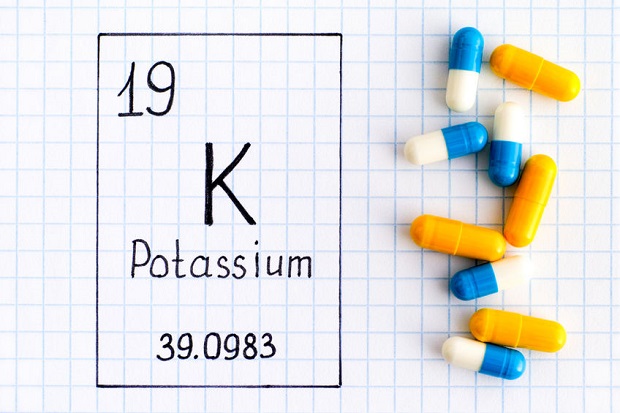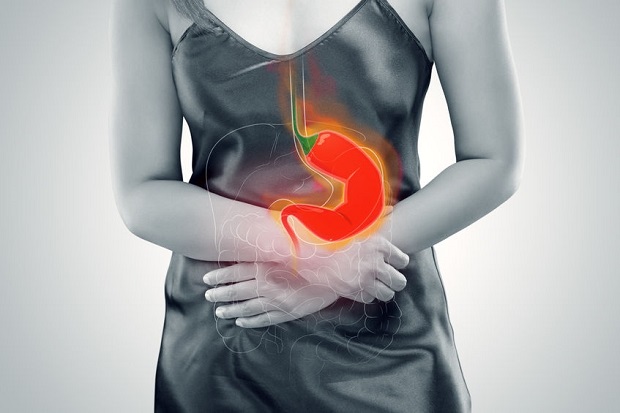
Foods That Help Reduce Acid Reflux
If you are looking for specific foods that help reduce acid reflux, check out this list of foods to eat and foods to avoid.
- Foods that help to reduce acid reflux are neutral or mildly alkaline fruits and vegetables.
- Lean meats that are cooked without grease or butter nourish without inducing acid reflux.
- Highly acidic foods trigger acid reflux in some.
- High-fat foods can be an acid reflux trigger.
- Acid reflux is often triggered by highly seasoned or spicy foods.
Knowing what foods help reduce acid reflux is really a matter of eating all the foods necessary for good general health, then avoiding those that will make acid reflux worse. Subtract out specific triggers of acid reflux. Different foods may trigger acid reflux symptoms in different people. These are usually foods with high acid or fat content or spicy, pungent foods. Select instead foods that usually don’t cause acid reflux symptoms.
Foods to Avoid with Acid Reflux

High Acid Foods to Avoid
Some of the foods that trigger acid reflux in different people are highly acidic foods such as citrus fruits and juices, pineapple and cranberry, vegetables pickled in vinegar, tomatoes and tomato products, and pungent vegetables such as raw onions and garlic. The foods that cause the most trouble for the individual should obviously be avoided.
High-Fat Foods to Avoid
Other foods that may trigger an attack of acid reflux in a particular person are foods high in fat, such as fried foods, foods deep-fried, sautéed or broiled in butter, or some vegetable oils such as corn oil and dairy products made with whole milk. Baked products such as bread, cakes, cookies, and crackers made with whole milk and fat such as lard or butter should be avoided. Some meats that are marbleized or heavy with a lot of visible fat, such as some cuts of steak, are also difficult to digest and may trigger acid reflux.
Foods That May Ease Acid Reflux Symptoms

Low Acid, Neutral, or Alkaline Foods That Help
Foods that help to reduce acid reflux are neutral or mildly alkaline fruits and vegetables, such as apples, bananas, mangoes, papaya, and cantaloupe, greens such as lettuce and spinach, green vegetables such as broccoli, cabbage, raw cucumbers, and green beans, bell peppers, cauliflower, squashes, and melons, and dry beans that have been soaked in water overnight. Celery is alkaline, and eating a celery stick is a quick antidote to heartburn.
Low-fat Meats and Dairy Products That Help
Lean meats that are cooked without grease or butter, such as roast beef, baked fish, skinless white turkey, chicken meat, lean ground beef, London broil, and ham, nourish without inducing acid reflux. Skim milk and low-fat or nonfat dairy products such as low-fat yogurt, low-fat cheese, soy-based cheese, feta, or goat cheese help acid reflux sufferers get the nutrition they need from these foods without the fat. Some grains that help are couscous, oatmeal, and brown rice.
Spices and Flavorings to Avoid with Acid Reflux

Moderation is the key when it comes to flavorings and spices for acid reflux sufferers. Acid reflux is often triggered by highly seasoned or spicy foods. Pungent seasonings like hot peppers such as black pepper, jalapeno, and chili peppers, raw onions and garlic, and vinegar are common triggers for acid reflux. Foods highly flavored with salt, sugar, chocolate, spearmint, or peppermint can also cause some people to have acid reflux. Other triggers for acid reflux are alcoholic beverages, coffee, tea, and carbonated sodas.
References
- John Hopkins Medicine – GERD Diet: Foods That Help with Acid Reflux (Heartburn)
- University Hospitals – List of the Best and Worst Foods for Acid Reflux
- Newberry, Carolyn, and Kristle Lynch. “The Role of Diet in the Development and Management of Gastroesophageal Reflux Disease: Why We Feel the Burn.” Journal of Thoracic Disease, AME Publishing Company, Aug. 2019, https://www.ncbi.nlm.nih.gov/pmc/articles/PMC6702398/.
DISCLAIMER: THIS WEBSITE DOES NOT PROVIDE MEDICAL ADVICE
The information, including but not limited to text, graphics, images, and other material on this website, is for informational purposes only. No material on this site is intended to be a substitute for professional medical advice, diagnosis, or treatment. Always seek the advice of your physician or other qualified healthcare providers with any questions you may have regarding a medical condition or treatment before undertaking a new health care regimen, and never disregard professional medical advice or delay in seeking it because of something you have read on this or any other website.
Related Products
TUMS Chewy Bites Chewable Antacid Tablets for Ultra Strength Heartburn Relief






